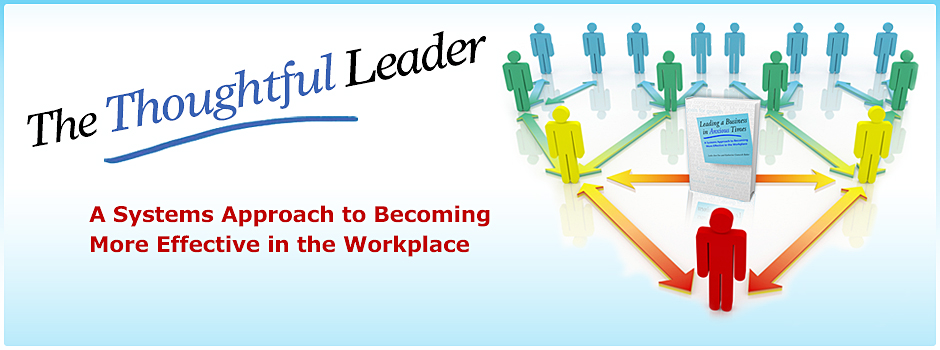I awoke yesterday morning to a news report on my local television station in which a TV host and comedian had suggested to viewers that they hide their children’s Halloween candy and tell them they had eaten it; then viewers were asked to make a video of the children’s reactions and post it on youtube.com. The report went on to show several of the posted videos of the children bursting into tears. It was cruel and totally unfunny.
I wondered how parents could be so easily persuaded to commit such an unloving act toward their child. Did it rise to the level of child abuse? Child abuse is behavior that is counter to the natural instincts of parents to protect their offspring. Parents who took those videos of their children’s reactions to a mean trick probably don’t see themselves as child abusers, but at the very least theirs was behavior that was immature and showed poor judgment.
From an emotional systems perspective, it is reactive behavior, and not thoughtful. It is a symptom of an increasingly anxious society in which television, radio and the internet can spread anxiety around the globe in an instant. More than ever, we need mature leaders at all levels of our society—at home and in our businesses, schools, local communities, nationally and internationally. We need adults to behave like adults, and not to be unnecessarily cruel to their children, employees, colleagues, friends or relatives.
I don’t need to enumerate all of the stresses on adults in our society; neither do I claim to be immune from the anxiety that is all around me. I lead a company that provides data quality management services in the U.S. healthcare industry, and like other sectors in our society, its leaders must cope with a difficult economy, a shortage of resources, the increasing needs of an aging population, the challenges of new technology and changing regulatory requirements. I am vulnerable to absorbing the anxiety around me and spreading it to others, but as a leader I must try to resist doing that.
I seek the balance in my life necessary to manage my own anxiety, so that I can be a responsible leader. As a business owner I have a responsibility to lead my clients and my colleagues; and, as spouse, step parent and grandparent, I have a responsibility to be a leader in my family. That means my first priority is to manage my anxiety—to listen, observe, think, and act on facts—not just react to the anxious behavior around me, such as an irresponsible suggestion from a TV host. For me that means getting off auto-pilot and taking time for fun, for socializing with friends and family, or taking long walks without my iPod or cell phone. I must take time to recharge my own internal batteries. When I do that, I am in better balance, and I can hear the emotional meanings behind what is being said at work or at home. I can see more broadly, explore more options, and make more thoughtful choices. It’s not easy, but it’s important, because being calm is contagious too. If I can be present with others in a way that enables them to stop reacting and start thinking, then I am leading, both at home and in the workplace.
Leslie Ann Fox
